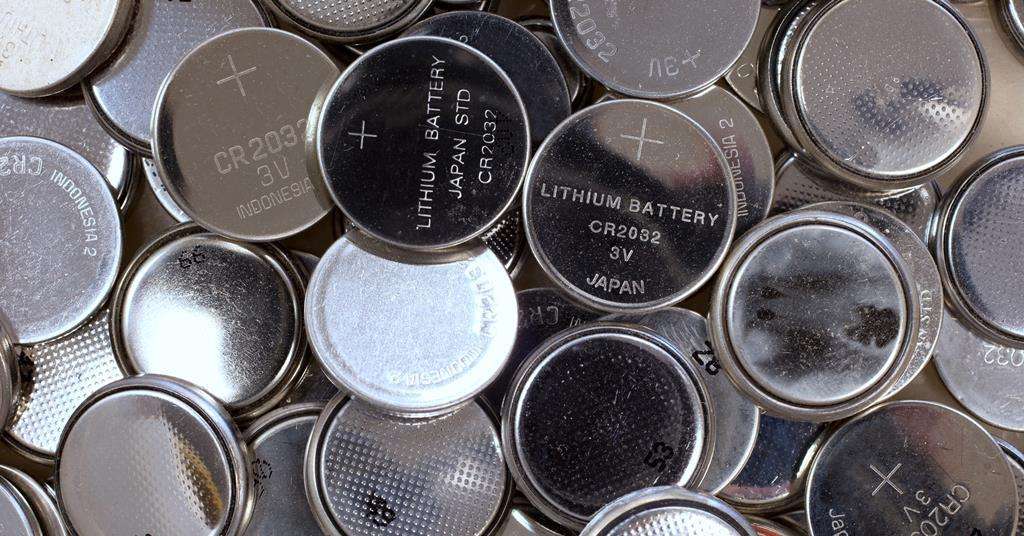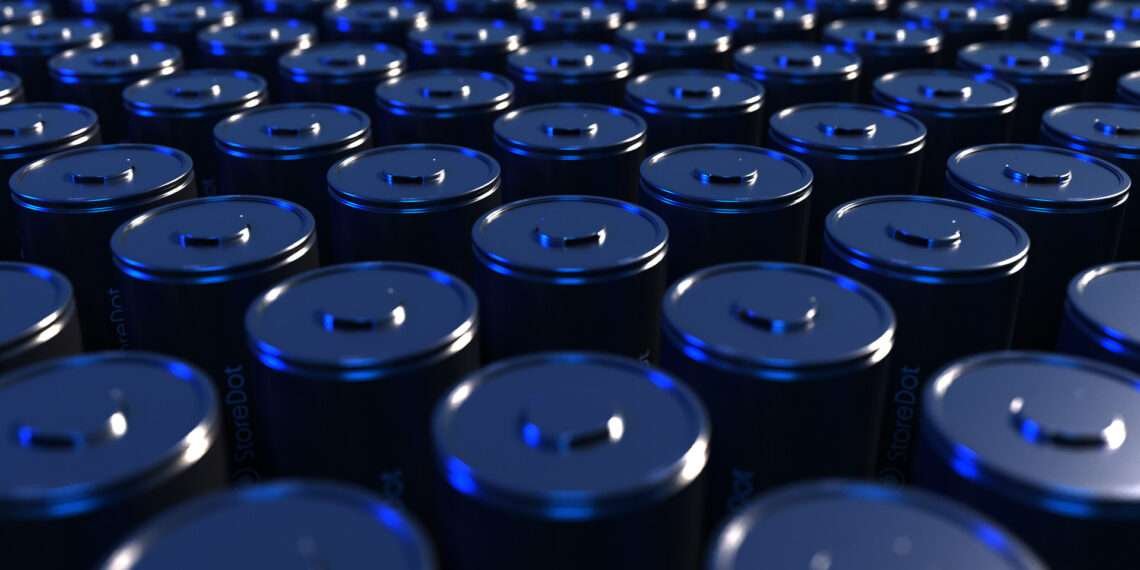The battery industry looks promising in becoming one of the most significant over the next 10 years, with revenues predicted to exceed $168 billion by 2030, according to GlobalData.
In its latest report, ‘Batteries – Thematic Research’, battery industry revenues reached $55 billion in 2020. A growth of 14 per cent compound annual growth rate (CAGR) is expected by 2030, mostly driven by sales from lithium-ion batteries.
However, the leading data and analytics company noted that extraction of raw materials will not be enough to meet soaring demand unless capital markets change course in the face of Environmental, Social and Governance (ESG) pressures and invest heavily in new mines.
Daniel Clarke, Analyst in the Thematic Intelligence team at GlobalData said:
“Governments must play a greater role in incentivizing mining, refining, and battery cell production. The reasons for this are two-fold. Firstly, an emerging challenge for the next decade will be whether extraction of natural resources and raw materials… can meet the soaring demand for batteries.
“More gigafactories may be announced, but where will all the raw materials come from? Despite being finite, these materials are not rare, and greater investment is needed.”
Daniel Clarke
The second reason is the fact that, while much of the world focuses on today’s geopolitical tussle over energy between Russia and the Western world, “a new clean energy geopolitical battle is being fought throughout the lithium-ion battery supply chain,” Clarke said.
Western governments are identifying their weaknesses, and are heavily and actively incentivizing companies to build out a regionalized lithium-ion battery supply chain. Lithium is abundant, but significant investment is required in new hard rock mines to meet rampant growing demand.

China’s Position in Battery Supply Chain
GlobalData’s report noted that China has a very strong position in mining, refining, and cell production, with a near monopoly in various stages of the supply chain.
Michael Orme, Consultant Analyst in the Thematic Intelligence team at GlobalData said:
“China-based battery manufacturer CATL is part of the ‘China Inc. master plan’ to dominate the highly strategic global battery industry—and, in the process, the global electric vehicle (EV) scene.
“This will be achieved on the back of lavish subsidies, a large and growing captive home market, soft regulations, and the many benefits that China’s control of the battery materials global supply chain brings.”
Michael Orme
CATL has come a long way to commanding over 30% of the global market, which is twice the share of previous battery oligarch Panasonic. Not only that, but CATL’s power is increasing at the expense of the other main incumbents such LG Chem and Samsung SDI, Orme said.
Key foreign customers— notably Tesla, VW, BMW and GM— now accept that they have little option but to make CATL a strategic core of their global supply chains.
GlobalData’s report also noted that government incentivization for mining and refining of raw materials is fundamental to the world meeting its climate goals, alongside battery recycling initiatives.
Dr Lil Read, Senior Analyst in the Thematic Intelligence team at GlobalData said:
“Battery recycling is imperative to minimize environmental impact and prevent the depletion of finite natural resources. Many companies are recognizing the necessity and financial opportunity of battery recycling, with global leaders including Tesla founder JB Straubel’s Redwood and European battery maker Northvolt.”
Lil Reads
By 2030, creating a circular battery economy will be a central industry trend. This will radically reduce geopolitical dependencies help decarbonize the ecologically dirty mining sector, and ensure the industry is sustainable in the long term, Read said.
READ ALSO: New GNPC Boss Must Focus on NOC’s Core Mandate- Dr Sulemana























